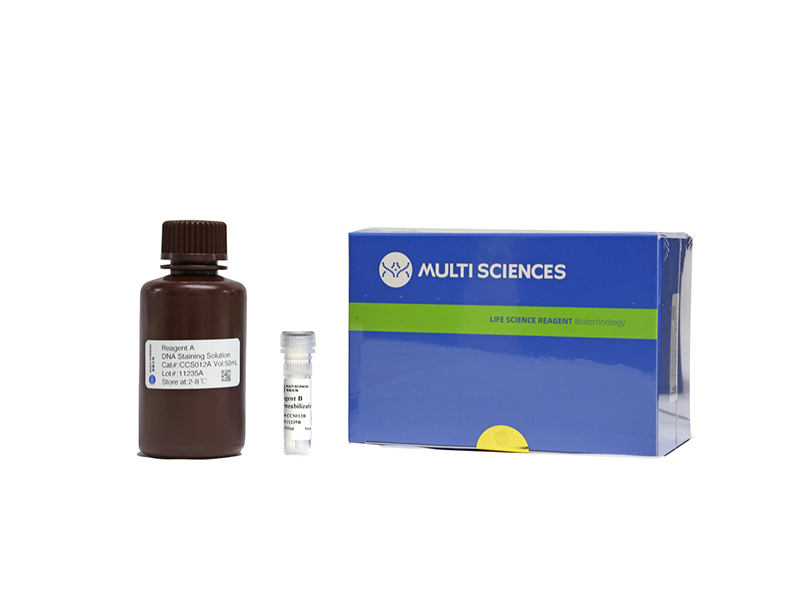Arginyltransferase (ATE1) plays critical roles in many biological functions including cardiovascular development, angiogenesis, adipogenesis, muscle contraction, and metastasis of cancer. However, the role of ATE1 in hepatocellular carcinoma (HCC) remains unknown. In this study, we find that ATE1 plays an essential role in growth and malignancy of liver cancer. ATE1 expression is significantly reduced in human HCC samples compared with normal liver tissue. In addition, low ATE1 expression is correlated with aggressive clinicopathologic features and is an independent poor prognostic factor for overall survival and disease-free survival of patients with HCC. Lentivirus-mediated ATE1 knockdown significantly promoted liver cancer growth, migration, and disease progression in vitro and in vivo. Opposing results were observed when ATE1 was upregulated. Mechanistically, ATE1 accelerated the degradation of β-catenin and inhibited Wnt signaling by regulating turnover of Regulator of G Protein Signaling 5 (RGS5). Loss- and gain-of-function assays confirmed that RGS5 was a key effector of ATE1-mediated regulation of Wnt signaling. Further studies indicated that RGS5 might be involved in regulating the activity of GSK3-β, a crucial component of the cytoplasmic destruction complex. Treatment with a GSK inhibitor (CHIR99021) cooperated with ablation of ATE1 or RGS5 overexpression to promote Wnt/β-catenin signaling, but overexpression of ATE1 or RGS5 knockdown did not reverse the effect of GSK inhibitor. IMPLICATIONS: ATE1 inhibits liver cancer progression by suppressing Wnt/β-catenin signaling and can serve as a potentially valuable prognostic biomarker for HCC.
文章引用产品列表
-
- CCS012 1190 Citations
- 周期试剂盒
Cell Cycle Staining Kit 细胞周期检测试剂盒
- ¥390.00



